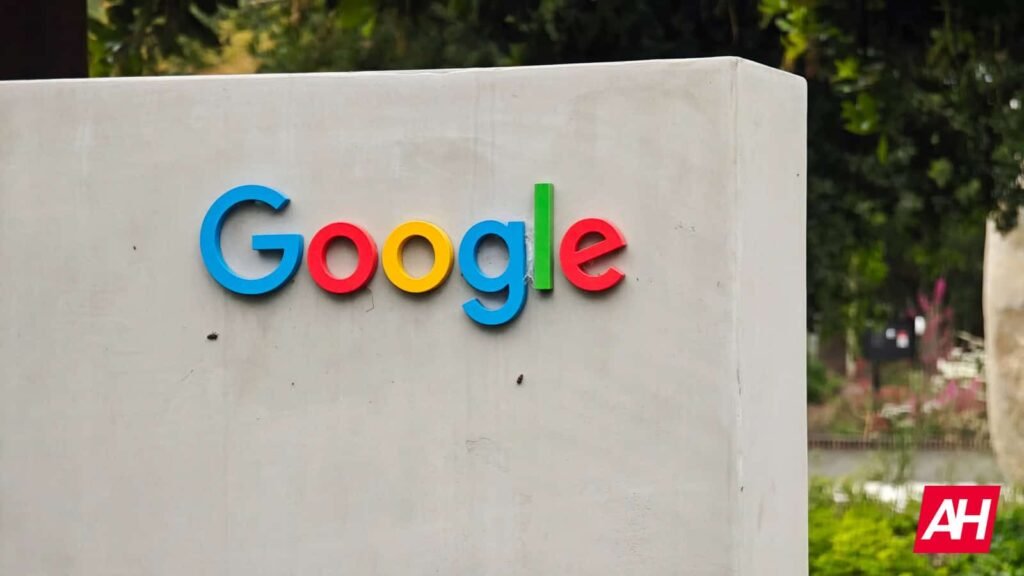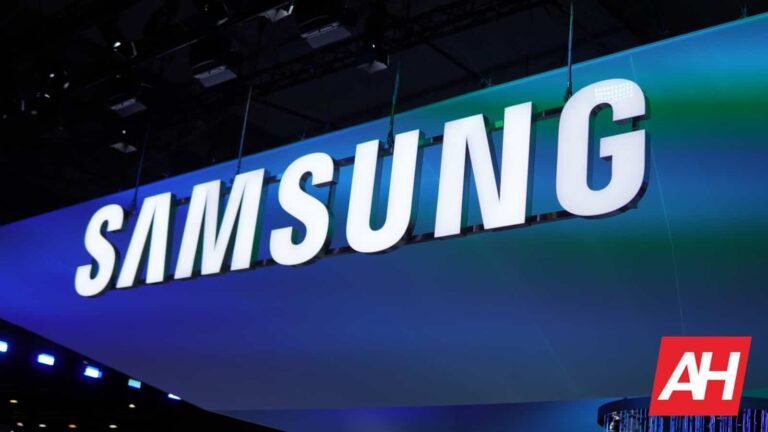

AI is being developed at a breakneck pace. Each new model released is leaps and bounds smarter and more powerful than the previous version. At some point, we have to wonder, are we developing a piece of technology that we don’t fully understand for the sake of progress? That’s where regulation comes in, and where Google has surprisingly agreed to sign the EU’s AI Code of Practice.
Google agrees to sign, but expresses concern
In a blog post by Kent Walker, Google’s President of Global Affairs, he says that Google will join other companies in signing the AI Code of Practice. However, despite his agreement, Walker also expressed his concern about what this code means and its impact on the development of AI.
According to Walker, “We remain concerned that the AI Act and Code risk slowing Europe’s development and deployment of AI. In particular, departures from EU copyright law, steps that slow approvals, or requirements that expose trade secrets could chill European model development and deployment, harming Europe’s competitiveness.”
Walker’s concerns aren’t new. There are some who aren’t in favor of AI regulation, arguing that it could stifle progress. Some are concerned that regulation could result in some countries or regions falling behind the competition. However, some are understandably concerned about the speed of development.
For example, the rise in deepfakes, the energy costs of running AI data centers, and also how, despite its advancements, AI still gets many things wrong.
What is the AI Code of Practice?
The EU’s AI Code of Practice wants to bridge the gap between companies operating in the EU and AI rules. It wants to encourage transparency, where AI companies must document their training processes. It also requires companies to adopt policies that ensure that training data is sourced lawfully. This is to prevent copyright infringement, where in the past, companies and individuals have found their work used in AI training models without their knowledge or permission.
Lastly, it also wants to enforce safety and security. AI companies need to assess, document, and mitigate potential harms.
Google isn’t alone in signing the Code of Practice. Other AI companies, such as Anthropic, have also agreed to be signatories.
The post Google Signs EU AI Code of Practice But Warns It May Slow Innovation appeared first on Android Headlines.

